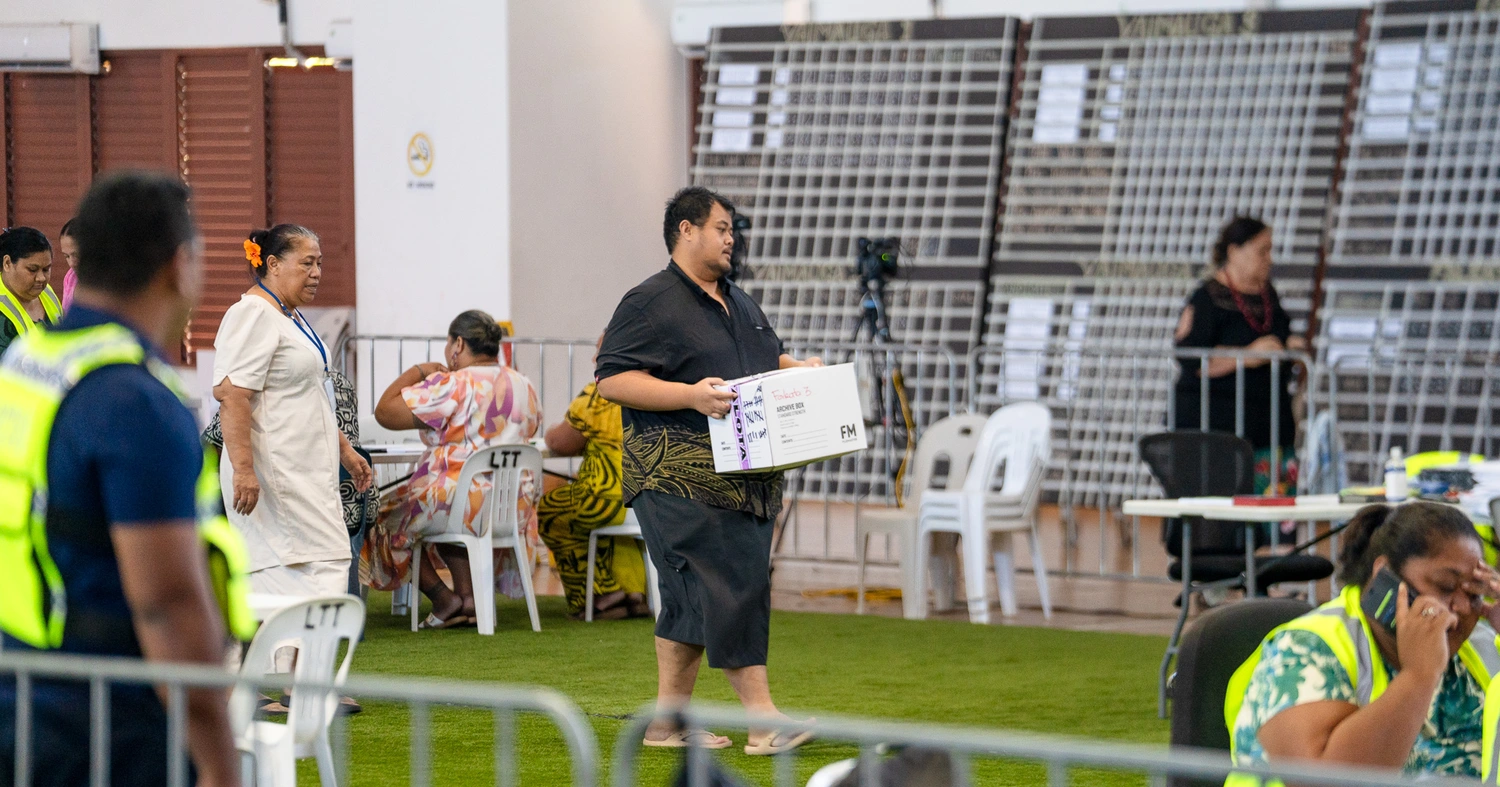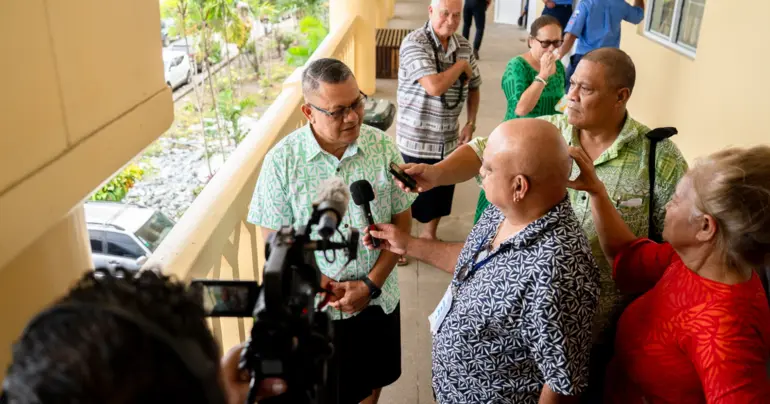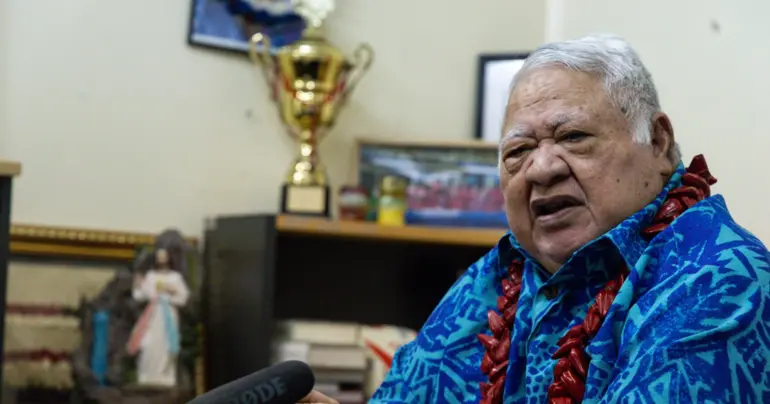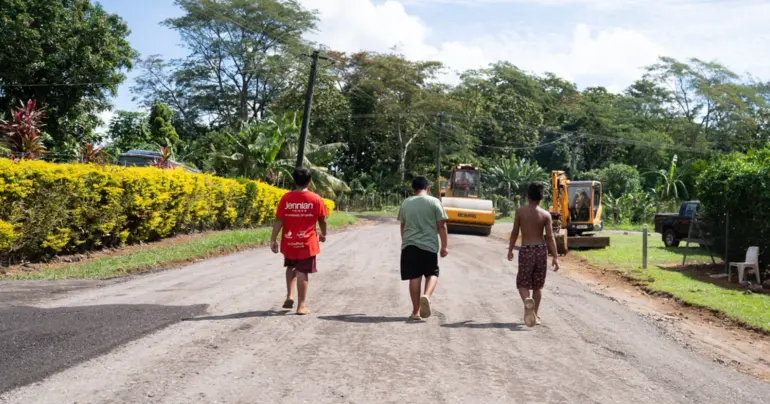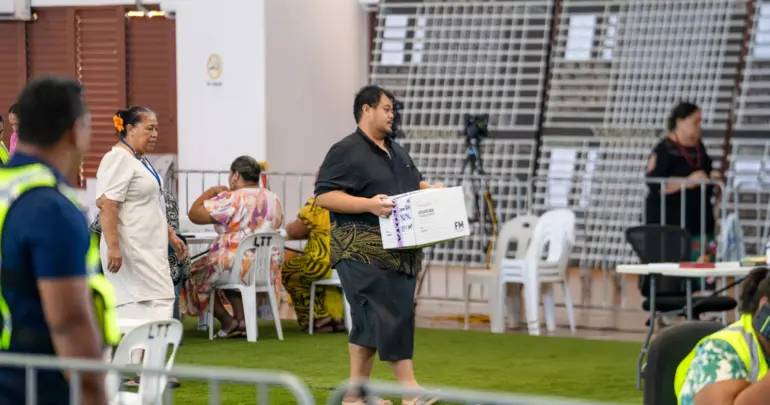Unclear and uncertain path ahead
Dear Editor,
The general elections in Samoa held over the weekend have left the nation standing at a crossroads, one lined not with clarity but with uncertainty. The outcome marks a turning of the tide that few could have fully anticipated—the collapse of the once-dominant Human Rights Protection Party, led for decades by veteran politician and former Prime Minister Tuilaepa Sailele Malielegaoi, alongside the fall of Samoa’s first female Prime Minister, Fiame Naomi Mata’afa, and ten of her cabinet ministers.
HRPP was certain leading up to the election that they would win, but it did not work out that way. After years of dominance, the party underestimated the extent of voter fatigue, the desire for fresh leadership, and a growing perception that Samoa needed change after decades under the same political order. Shifting demographics also played a role, with younger voters demanding accountability, new opportunities, and a government that felt closer to their concerns. Dissatisfaction with entrenched power, coupled with the appeal of FAST’s promises of reform, tipped the balance and ended HRPP’s long reign.
The result is not just the end of political reigns, but the start of a new and fragile chapter. For a country accustomed to experienced leadership, the sudden rise of FAST with its ranks filled mostly by individuals who have never worked within government, raises more questions than answers. The reality is that governance is not simply about good intentions or community popularity. It is about knowing how to navigate processes, how to manage the intricate machinery of the state, and how to make decisions that balance tradition, modernity, and the international stage on which Samoa now stands.
Of course, there is no escaping the legal battles that loom. This is now part of Samoa’s political reality- victory does not mean stability, at least not yet. The legal wrangling will test both the judiciary and the public’s patience, stretching already fragile trust in the political system.
Already, there is speculation about what the FAST mandate might mean for the public service. Posts are circulating suggesting that the Police Commissioner and the Attorney General may be targeted for removal, with the possibility that more top positions could be on the chopping block. Such rumours only add to the uncertainty surrounding Samoa’s immediate future. Yet here lies the safeguard- as long as the Public Service Commission stands its ground, together with the police, the judiciary, the Attorney General’s office, and the Ministry of Finance, Samoa’s democratic and institutional backbone should hold firm.
For Samoa’s public servants, this is an anxious moment. Institutions depend on both continuity and competence, and the bureaucrats who keep the government machinery running will soon find themselves serving leaders who, for the most part, lack experience in governance. While a handful of FAST members, such as Pou Onosemo and Tilafono, bring some grounding in administration and leadership, the majority face a steep learning curve that may slow decision-making, confuse processes, and risk costly missteps.
The way forward is therefore clouded. Samoa must now reconcile the hopes invested in change with the sobering realities of governing. The FAST Party has been handed a rare and heavy responsibility, and whether they can rise to the occasion remains to be seen. For now, the nation steps cautiously onto the road of the loving hearts—a path paved with good intentions, but one that may test the patience, resilience, and faith of the Samoan people like never before.
Umi Fuimaono




